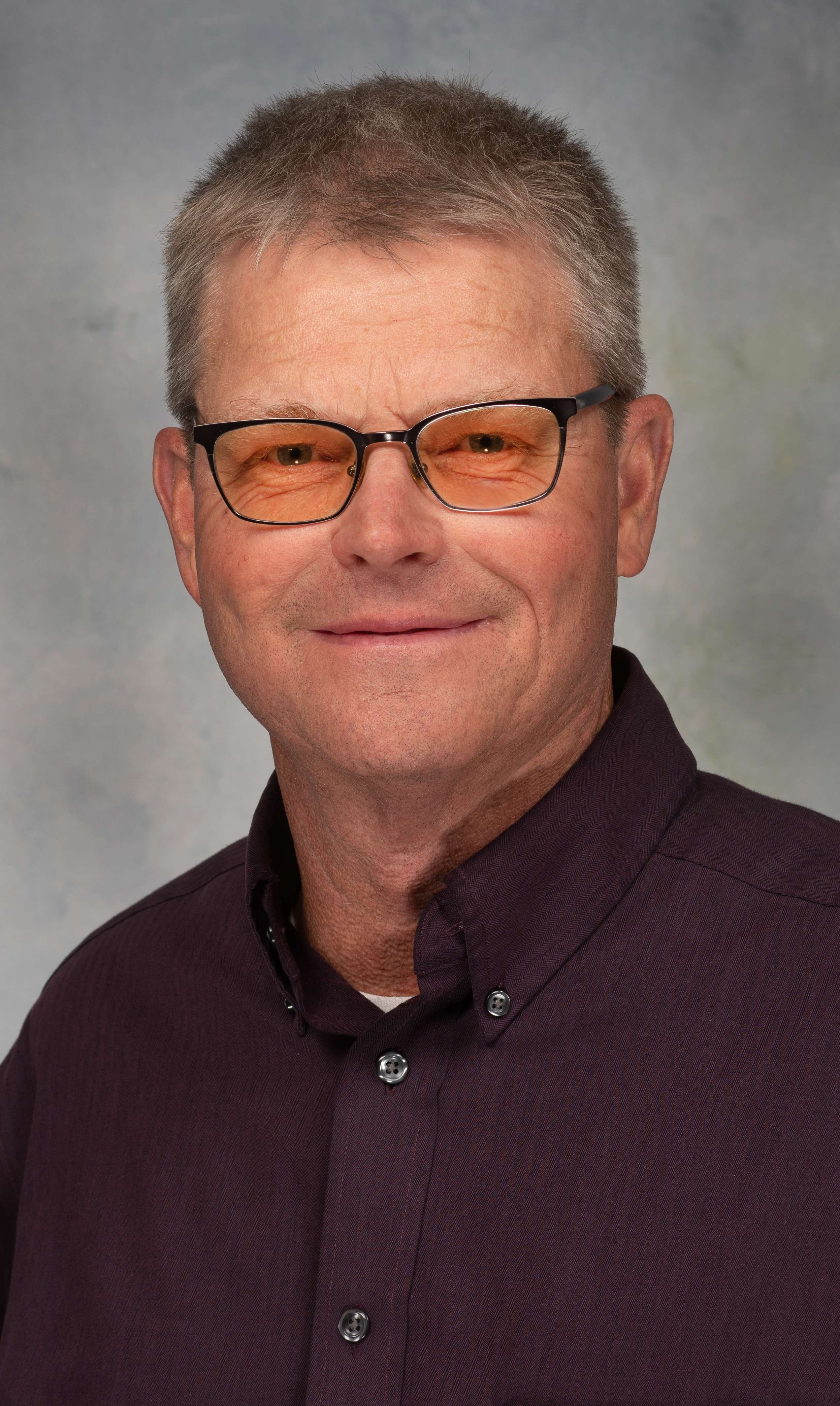
Water supply to rural residences and agricultural operations without rural or public water systems is usually obtained from a private well or surface water supply. In Kansas, more than 73,000 individuals rely on private wells for a water supply. When public and rural water systems that use well water are added to the private well numbers, 34.6% of the Kansas population relies on groundwater for their water supply.
Municipal and rural water systems must maintain water quality standards specified by local, state, or federal requirements; however, owners of private wells are responsible for the water quality of their wells. Permanent contamination of groundwater can decrease property values, affect human and animal health, and involve legal liability.
Testing water from private wells has shown that some wells do not meet the safe drinking water standards used for public water systems. The primary reasons for this reduction in water quality from private wells include:
· contamination sources upslope or near the well;
· failure to construct the well in accordance with current standards;
· inadequate well maintenance and service; and
· lack of protection from activities that risk contamination.
Following the guidelines for recommended separation distance and direction from potential contamination sources when locating a well can help protect private well water quality. When private wells are appropriately sited and constructed, routine maintenance is required to ensure wells continue to be safe. Wells that do not receive regular maintenance are more likely to produce unsafe water.
Detailed information about properly constructing a well in a safe location and maintenance guidelines for existing wells can be found in two recently updated publications from K-State Research and Extension, says Stacie Minson, Extension Watershed Specialist. Private Wells – Safe Location MF3667 https://bookstore.ksre.ksu.edu/download/private-wells-safe-location_MF3667 Private Well Maintenance and Protection MF3666 https://bookstore.ksre.ksu.edu/item/private-well-maintenance-and-protection_MF3666
Ellis County residents with a private well could be eligible for private well testing by scanning the QR Code.
This project has received funding and support from K-State 105, Kansas State University’s economic growth and advancement initiative for all 105 counties in Kansas. Learn more at k-state.edu/105.
Information provided by Stacie Minson, Extension Watershed Specialist, KCARE [email protected]
Stacy Campbell is a Crop Production Extension agent in the Cottonwood District (which includes Barton and Ellis counties) for K-State Research and Extension. You can contact him by e-mail at [email protected] or by calling 785-628-9430.



